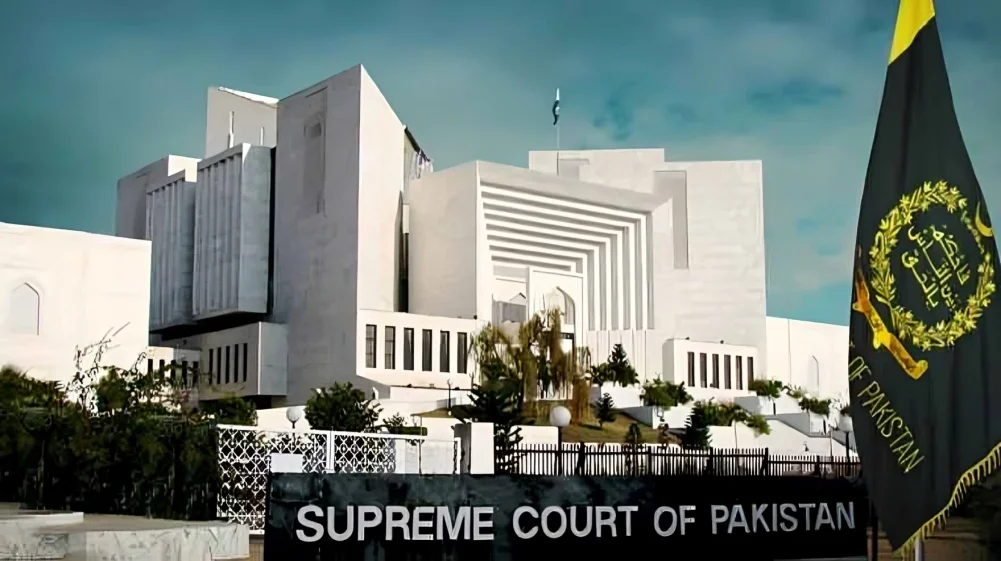In 2025, the Practice and Procedure Act continues to reshape Pakistan’s legal landscape by ensuring that justice is no longer delayed or dominated by unchecked power. Originally passed in 2023, this law is now fully enforced and has already impacted several major cases, marking a new era of judicial transparency and institutional balance in the Supreme Court of Pakistan.
What is the Practice and Procedure Act 2025?
The Practice and Procedure Act 2025 is a crucial piece of legislation that redefines how top court matters are handled in Pakistan. It limits the Chief Justice’s sole authority in forming benches and initiating suo motu actions—a power that was often controversial. Instead, a three-member committee including the Chief Justice and two senior-most judges now makes these decisions collectively.
This change ensures judicial neutrality and prevents favoritism in case selection and bench formation. The law also allows citizens to file appeals in suo motu cases, a right that did not exist previously. In 2025, more than 50 appeals under this law have already been filed, showing how the system is becoming more accessible and people-centered.
Key Features of the Practice and Procedure Act
| Feature | Update as of 2025 |
|---|---|
| Bench Formation Committee | Formed by the CJP + 2 senior judges; now fully implemented. |
| Right to Appeal | Suo motu cases now appealable; over 50 appeals filed in 2025. |
| Case Scheduling Transparency | Advance cause lists mandatory; full compliance reported in SC. |
| Timely Justice | Appeals must be resolved within 14 days; tracked via official SC portal. |
| Five-Member Bench Requirement | Mandatory for constitutional matters; ensures wider judicial review. |
2025 Developments
As of mid-2025, legal analysts report that the Act has significantly reduced case backlog in the Supreme Court. The Judicial Commission of Pakistan (JCP) has praised the reform, noting improved public trust and quicker case disposal. The Supreme Court website now uploads real-time updates on bench formation and cause lists—improving digital transparency.
Lawyers across Pakistan, especially from Lahore and Karachi bar associations, have called the law a “game-changer” for judicial democracy.
FAQs about Practice and Procedure Act 2025
Q1: What is the latest status of the Practice and Procedure Act in 2025?
A1: The Act is fully implemented and has been applied to multiple high-profile Supreme Court cases, ensuring collective decision-making.
Q2: Can citizens appeal against suo motu judgments now?
A2: Yes, the Act allows appeals within 30 days of the decision. Many appeals have been accepted and heard in 2025.
Q3: How are benches now formed under the Act?
A3: A three-member committee, not just the Chief Justice alone, decides how benches are formed for cases.
Q4: Has the law improved justice delivery?
A4: Yes, verdicts are now more structured and timely. The appeal process is working effectively in 2025.
Q5: Is the law supported by the legal community?
A5: Most bar associations and legal experts support the Act for promoting fairness and reducing individual control.
Read More: Asia Cup 2025 Brings India vs Pakistan Back Under UAE Lights
The Practice and Procedure Act 2025 is no longer just a reform—it’s the foundation of a modern judicial system in Pakistan. By ensuring collective decision-making, timely appeals, and public transparency, the Act aligns Pakistan’s judiciary with international standards. As 2025 unfolds, it continues to build a justice system that is faster, fairer, and more accountable.









